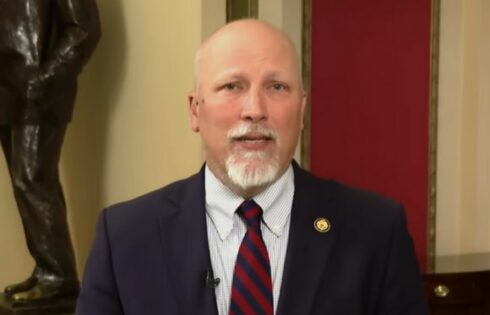 The Common App won’t ask applicants about their gender identity or sexual orientation–but individual schools might.
The Common App won’t ask applicants about their gender identity or sexual orientation–but individual schools might.
The nonprofit board that governs the Common Application, a general college application used by more than 400 schools, voted in January not to add the questions, which were proposed in the fall of 2010. Some schools, however, have begun asking such questions on supplementary forms.
In lieu of questions being on the actual Common App form, colleges are allowed to request supplementary forms on which the questions can appear. Currently, only two schools have requested that gender identity questions be added to their supplements.
“Tufts and Connecticut College address transgender status on their supplements,” said Rob Killion, Executive Director of the Common Application. As of yet, no college asks about sexual orientation.
“Members are entirely in control of what questions they ask on their supplement—without restriction,” Killion said, as long as the questions are not already found on the Common Application and the questions do not violate National Association for College Admission Counseling ethical practices.
A handful of schools, like the University of Pennsylvania, have made LGBT recruiting a priority — though they’re working outside of formal questions. The school began a concerted effort in 2010 to recruit gay students, informally, by looking extracurricular involvement and information provided by students.
Most schools, like the University of Michigan, are sticking with the current approach.
“The University [of Michigan] does not anticipate adding a supplementary question to the Common Application that addresses sexual orientation or gender identity,” said Erica Sanders, Director of Recruitment and Operations in the Michigan Office of Undergraduate Admissions, “There are several written-response questions we believe provide students adequate opportunity to share any information they believe would be helpful as we evaluate each application.”
Currently, Michigan only asks the standard binary gender question. Sanders said this is in compliance with federal and state reporting requirements.
Sanders cited two reasons for the university not collecting sexual orientation data. The first, she said, is that colleges and universities are not required to report sexual orientation data. The second is the office believes students have ample opportunity to volunteer the information.
“We believe our application essays and holistic application procedure provide students with numerous opportunities to share any information they believe would be helpful in placing in context their achievement and their interest (in the university),” Sanders said.
That approach may mirror the Common App’s in the end. According to the Board of Directors’ Final Resolution, the Common Application will maintain its current sex question, which includes only male or female. However, on the online version, students will be able to provide additional information about their sex or gender identity in the Additional Information section.
Stephanie Wang is a staff writer for the Michigan Review. She is a member of the Student Free Press Association.
Like The College Fix on Facebook / Follow us on Twitter





Please join the conversation about our stories on Facebook, Twitter, Instagram, Reddit, MeWe, Rumble, Gab, Minds and Gettr.